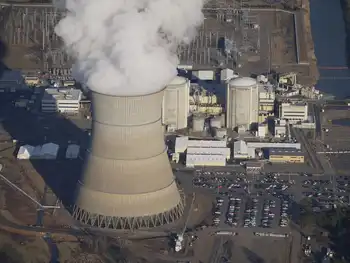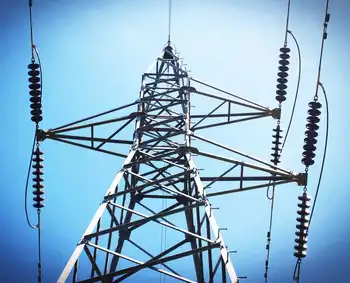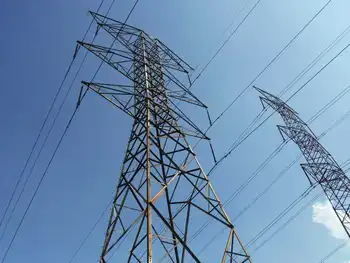Prairie reactor still years away
By Globe and Mail
Electrical Testing & Commissioning of Power Systems
Our customized live online or in‑person group training can be delivered to your staff at your location.

- Live Online
- 12 hours Instructor-led
- Group Training Available
Tom Porter, a research facilitator at the university, said no one expected Mr. Wall to come out with a public announcement in favour of the reactor, which is still in the consultation stages in Saskatoon.
"I was quite surprised to see Brad Wall kind of make some of the public statements he did.... No decision's been made, no one's put any money on the table. A lot of the civil servants we've been talking to are not sure how it's going to roll out. This is something people would like to do, but it's a very expensive proposition," he said.
"The fact that the premier came out and said he wants to do this now is great. Politicians don't do that. So he has a clear idea of what he wants to do and he's out ahead of the rest of us."
But the process of bringing a nuclear research reactor to Saskatchewan, which produces nearly a quarter of the world's uranium, is still in the early stages.
"A reactor isn't something you just kind of buy off the shelf," Mr. Porter said.
The university has been looking into nuclear possibilities for about a year and a half, but talks with the provincial government didn't begin in earnest until last fall. University representatives have also been in talks with MDS Nordion, the Toronto-based isotopes supplier that, until the May shutdown, sourced its isotopes from Chalk River. MDS announced it is pursuing a partnership with Moscow-based Karpov Institute to produce isotopes from a 50-year-old Russian reactor, but that won't come close to matching Chalk River's output.
Mr. Porter said he thinks nuclear power is less of a bogeyman in the public mindset than it used to be.
"If I were to guess, I'd say the opinion is, people think we've missed an opportunity," he said. "I mean, it's not 100 per cent and there's still significant opposition. But the opposition is half what it would have been."
There are two meetings, the last in a series of public consultations started by the province in May. Assuming the government likes what comes out of that report, it will take at least six to 12 years before the reactor is up and running. It's still to be determined who is going to pay for the reactor, which could be as much as $2-billion.
Chary Rangacharyulu, the University of Saskatchewan's chair of engineering and physics, said he hopes a new nuclear centre will be a hub of research.
"We have our local, homegrown experts who could become the latest in that facility," he said.
Natural Resources Minister Lisa Raitt said that while the government's priority is re-opening the NRU reactor in Chalk River, Ont., which has been down since May thanks to a heavy-water leak - and whose shutdown has sparked a global scramble for scarce medical isotopes - she encourages Mr. Wall to submit his plan for a Prairie nuclear reactor to Ottawa's new expert panel studying the future supply of medical isotopes for Canada.
"If Premier Wall and his government have a plan, I would definitely encourage him to submit it to our Expert Review Panel," she said in a statement to The Globe and Mail. "This panel will evaluate every proposal and tell the federal government which they see as most feasible."











